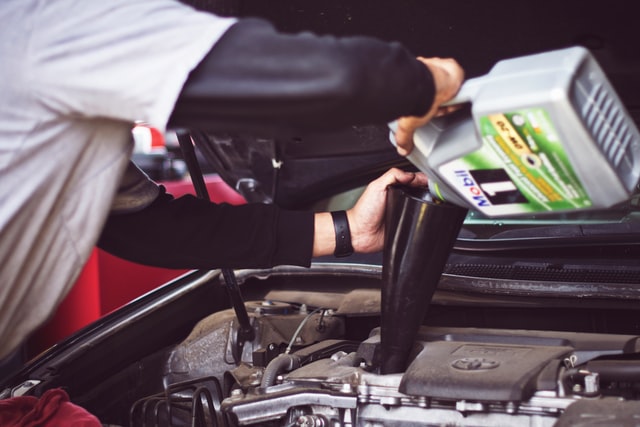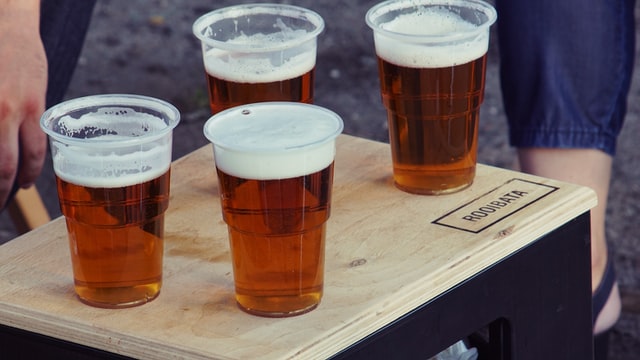Road travel is a regular activity for a huge number of people. However, as exciting as it might seem at first, driving on roads presents some serious dangers, too. Here are some tips to keep you safe while on the road.
Keep Your Vehicle In Good Condition
With modern cars, it is fairly easy to maintain your car. Problems can be caught in the earlier stages and repaired before a larger problem occurs that could cost you a lot of money or jeopardize your safety. Generally, things that need immediate attention are:
Lights
Make sure all of your lights are working and clean. Even if you don’t notice it, over time dirt and grime begin to accumulate on your lights and the glass lenses can become cloudy or yellowed. If this happens, go to a professional auto detailing service and have them completely cleaned and either replaced or upgraded so that they work at their full capacity.
Tires
It is also important to check the condition of your tires regularly. Look for signs of wear such as cracks in the rubber, bulges on the side which might indicate that there is too much pressure inside, or missing chunks (this can be dangerous as it could mean that something sharp has punctured through one of the tires). Make sure that all four tires have even amounts of pressure and that nothing is leaking.
Engine Oil

Checking the engine oil in your car every time you refuel is a very important task, especially if you notice any unusual odours when you open the hood. Bad smells from under the hood can indicate many problems, such as old oil or a leaky engine. If you do find that your car needs some form of service, don’t wait until it’s too late. Of course, sometimes these problems cannot be fixed on the road and your best bet might be to contact emergency roadside assistance services.
Brakes
Checking your brakes is another important task when it comes to your car’s condition. Make sure that you can press hard on the brakes and that they don’t feel spongy or soft. If anything seems wrong, get it looked at right away.
Pay Attention
The biggest predictor of car accidents is distracted driving. Do not try to multitask when you are behind the wheel, and avoid any distractions while driving. This includes texting or checking your phone, playing music on the radio (which could change at a moment’s notice), using GPS (if needed, pull over and stop before you turn it on to make sure that you don’t miss an important turn) and putting on makeup (no one should ever be touching their face while they’re driving!).
Pay attention to all other drivers on the road as well. If someone seems like they might be dangerous (speeding excessively, swerving erratically, ignoring traffic lights or signs) avoid them! Anyone who has suffered a personal injury from the actions of other drivers will tell you to give aggressive drivers a wide berth. Prevention is better than dealing with unfortunate accidents.
Do Not Drink And Drive

When you are at home, it is your right to imbibe alcohol with friends or family. However, when you are driving on the road, drinking alcohol means you are at an increased risk of causing accidents if you get behind the wheel after consuming even a few drinks.
If you do feel like you will need to drive somewhere after having something to drink, make sure you have planned ahead so that your designated driver can be sober enough. If that is not an option, take the bus or train – public transportation is much safer than cars when it comes to preventing accidents.
Keep An Emergency Pack Handy
An emergency pack should ideally contain everything you need to check the mechanical condition of your car, change a flat tire, get help and even get through an overnight stay in your car. A fully-stocked emergency kit for your car should have:
• Flashlight with batteries (plus extra batteries)
• Jumper cables or other jump starter tools
• Blanket/emergency heating blanket that can last up to eight hours (a space blanket)
• Water and non-perishable snacks (energy bars etc.)
• First aid kit and hand sanitizer
Of course, there may be other things you feel like you might need while traveling on the road. You can add them as needed! The important thing is to make sure you have everything within reach so that you can get out of any dangerous situation. Also, make sure that everyone in your vehicle knows where the emergency kit is stored and how to use everything inside of it.
Getting into a car accident can be extremely traumatic, leading to both physical and emotional injury. If you know your surroundings when traveling on the road and take all precautions like servicing your car regularly, there are fewer risks that you will need to worry about. However, accidents do happen – no matter how careful people are. If you find yourself injured in an unexpected situation like this one, make sure you get legal help right away! A personal injury lawyer can help ensure that you receive compensation for any damages done to your property or person.





